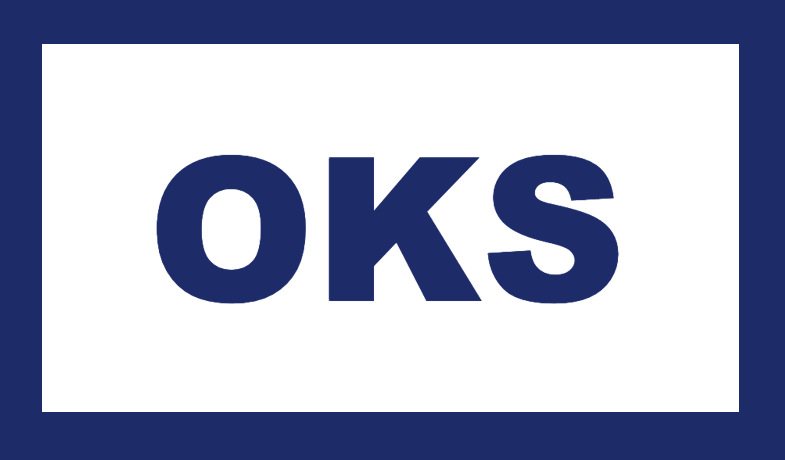Fringe benefits and taxes
Fringe benefit is any product, or service that is provided to an employee❗️ or member of the board❗️ Fringe benefits are taxed at the rate of 20/80 income tax and 33% social tax. In total, taxes cost about 66%, as social tax is calculated from the amount including income tax.
Example: a company bought tea for employees to the office in the amount of 100 euros including VAT: 1. VAT cannot be deducted 2. income tax will be 25 euros = 100 x 20/80 3. social tax 33%: 125 x 33% = 41.25 euros Total taxes 66.25 euros.

Taxes shoule be declared in TSD declaration, appendix 4, depending on the type of expenses, you need to select the appropriate code.
Fruit/milk/tea/coffee for employees, summer days - all those are fringe benefits. Using a company car 🚘 for personal purposes is the same (but I better write about car expenses separately, there are lots of «buts»). Loans with interest below the market rate for employees are also fringe benefits, and so on. But there are also exceptions:
For example, sports expenses 🏀 🏒 , various sports events and private insurance fall under health expenses, 100 euros per quarter per employee is not taxed (for more details, see previous posts). But if something is above or beyond this, then it is a fringe benefit.
A massage chair in the office, compensation for glasses and payment for employee health checks, water also do not fall under the fringe benefit. Such expenses are regulated by the Occupational Health and Safety Act 🧯. It states how often employees need to be sent to a health check 👩 and under which conditions eye glasses 👓 can be compensated. In general, there are no maximum thresholds for such expenses. Each firm must assess both the risks of labor protection and its abilities for compensating the costs.
If a computer 💻, or office furniture is bought for an employee to perform work duties (i.e. if it is not a gift), then this, of course, is not a benefit, these are ordinary expenses related to entrepreneurship.
And. If tea/coffee is bought for partners (customers/suppliers), then this is the so-called “cost of entertaining guests”. There are also taxes, but the logic of taxation is different. Fringe benefits apply only to "your own people".
